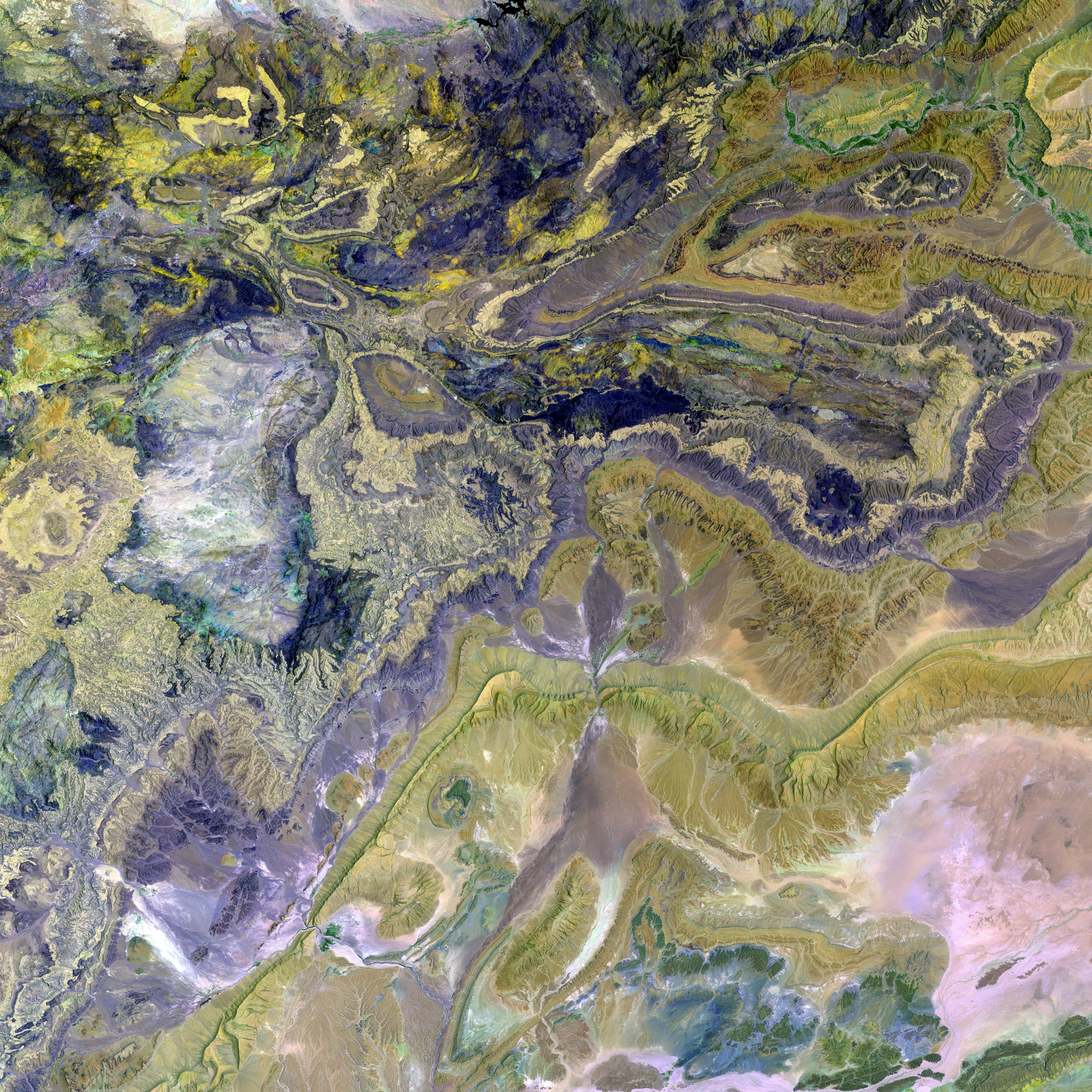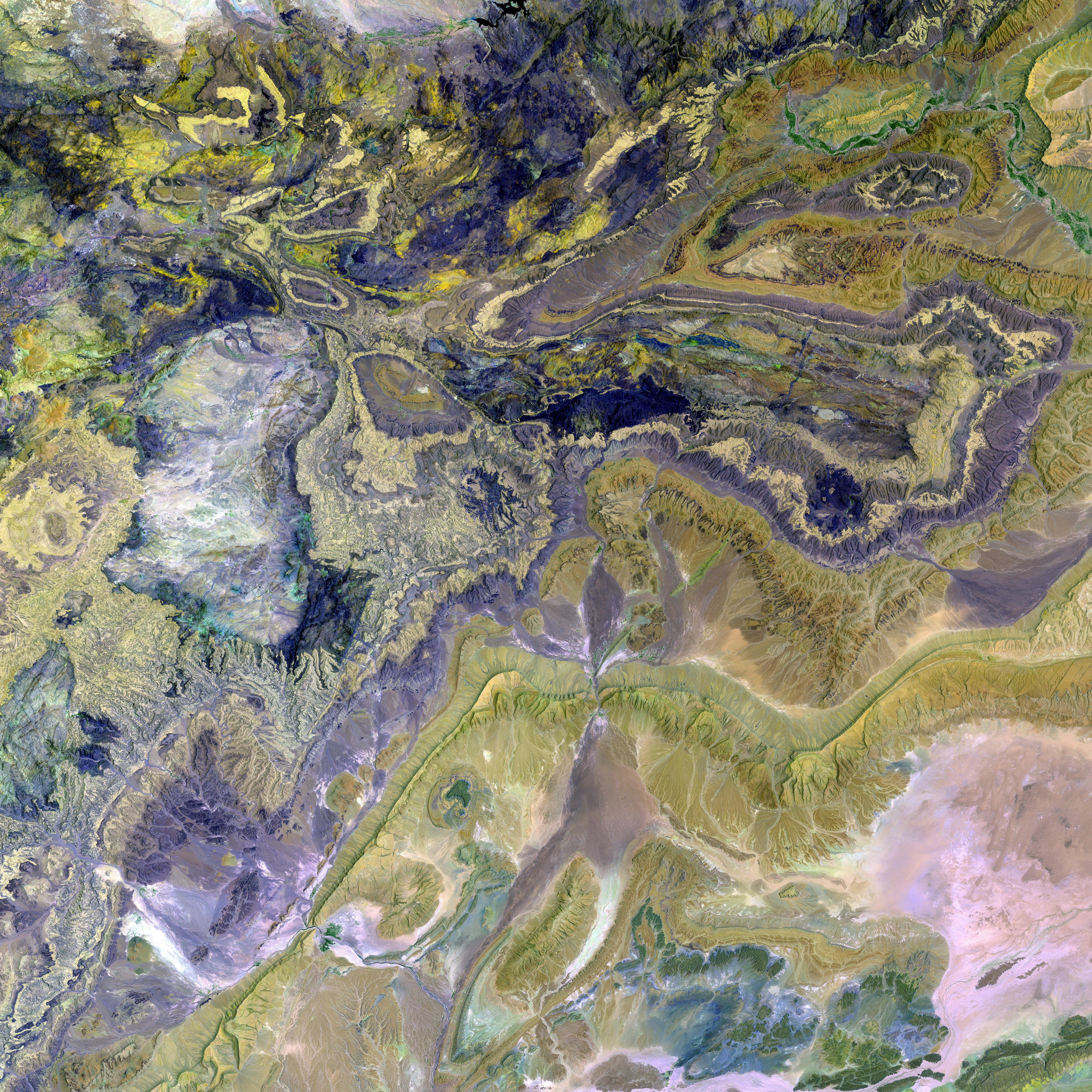Devastating earthquake hits Myanmar's war-ravaged territory, creating possibilities for the country's despised military regime.
In the midst of devastation, earth-shattering events like the 7.7-magnitude earthquake that struck central Myanmar serve as opportunity for power-hungry military dictators like Sen. Gen. Min Aung Hlaing. This brutal despot, infamous for his bloody rampages, torching, and massacring countrymen, has been clinging to power for years.
Despite facing heavy international sanctions, a crumbling economy, and significant losses in a protracted civil war, Min Aung Hlaing saw the aftermath of the earthquake as a chance to boost his waning legittimacy. He quickly issued an unprecedented plea for international aid.
Kyaw Hsan Hlaing, a political science PhD student at Cornell University, explained, "Min Aung Hlaing is using the earthquake to engage in regional dialogues and garner a modicum of electoral legitimacy. The humanitarian crisis presents a perfect pretext for him to reopen channels that he had shut off."
One of the first to take the general up on his offer was Malaysian Prime Minister Anwar Ibrahim, who currently holds the rotating chair of the Association of Southeast Asian Nations (ASEAN). This high-level meeting, after ASEAN had shunned meetings with Myanmar's junta to avoid legitimizing the brutal regime, was a significant step for Min Aung Hlaing.
Following the meeting in Bangkok, Anwar said he had a "frank and productive conversation" that focused on addressing the quake-afflicted communities and extending a temporary military-declared ceasefire to facilitate aid delivery.
Min Aung Hlaing seized this regional validation as a platform to argue that foreign powers trusted his leadership, while democratic leaders and exile groups remained sidelined. Kyaw Hsan Hlaing added, "Securing even a semblance of regional legitimacy now lays the groundwork for him to claim that allies trust him enough to talk."
Some argue that the timing of such international engagements could provide an opportunity to push for dialogue and peace. The continued warfare has displaced over 3 million people, and the earthquake has only exacerbated an already dire humanitarian situation in which over 20 million require assistance.
Others remain skeptical about the intentions of the military, given its history of broken promises masking endless atrocities. Despite the junta's declared ceasefire, reports indicate that the military was restricting aid and intensifying its deadly campaign with airstrikes in opposition areas, resulting in civilian casualties.
Independent analyst and member of the Southeast Asian Women Peace Mediators network, Adelina Kamal, warned, "If you negotiate with the devil without setting boundaries, that is complicity." She fears that the international community risks being deceived by the military's staged appearances, while elections serve as an illusion of democratic transition.
In 2008, after parts of the country were ravaged by Cyclone Nargis, the regime, then led by the State Peace and Development Council, took advantage of the disaster to consolidate its power through a constitutional referendum and sham elections. Today's junta appears to be following a similar playbook, with the promise of elections remaining questionable amid the widespread repression and international isolation.
Ultimately, the majority of the population desires a peaceful solution that does not involve Min Aung Hlaing. As Khun Bedu, chairman of the Karenni Nationalities Defense Force put it, "Talking to Min Aung Hlaing will not bring a political solution and satisfy what the majority of people want." Instead, he urged, "Min Aung Hlaing needs to cease the violence in the country, and only then can dialogue occur."
There is hope, however, with Malaysia's Anwar holding a widely praised virtual meeting with Mahn Win Khaing Than, prime minister of the National Unity Government, which considers itself the legitimate government of Myanmar. The NUG has repeatedly emphasized the importance of engaging all stakeholders to resolve the crisis.
As they move forward, it's crucial for international partners to demand verifiable steps towards authentic humanitarian corridors, the release of political prisoners, and binding guarantees of inclusive dialogue, to avoid prolonging the junta's rule at the expense of Myanmar's people. Otherwise, as Kyaw Hsan Hlaing points out, the engagement only serves to extend the junta's lifeline, further diminishing the people's hopes for democracy.
- Kyaw Hsan Hlaing asserts that Min Aung Hlaing is utilizing the earthquake in Myanmar to engage in regional dialogues and seek a modicum of electoral legitimacy.
- The earthquake has exacerbated a dire humanitarian situation in which over 20 million people require assistance, providing an opportunity to push for dialogue and peace.
- Independent analyst Adelina Kamal warns that the international community risks being deceived by the military's staged appearances while elections serve as an illusion of democratic transition.
- In 2008, the regime took advantage of a disaster (Cyclone Nargis) to consolidate its power through a constitutional referendum and sham elections, and today's junta appears to be following a similar playbook.
- Despite the junta's declared ceasefire, reports indicate that the military was restricting aid and intensifying its deadly campaign with airstrikes in opposition areas, resulting in civilian casualties.
- As Khun Bedu, chairman of the Karenni Nationalities Defense Force, emphasized, talking to Min Aung Hlaing will not bring a political solution and must be accompanied by the cessation of violence in the country before any dialogue can occur.










